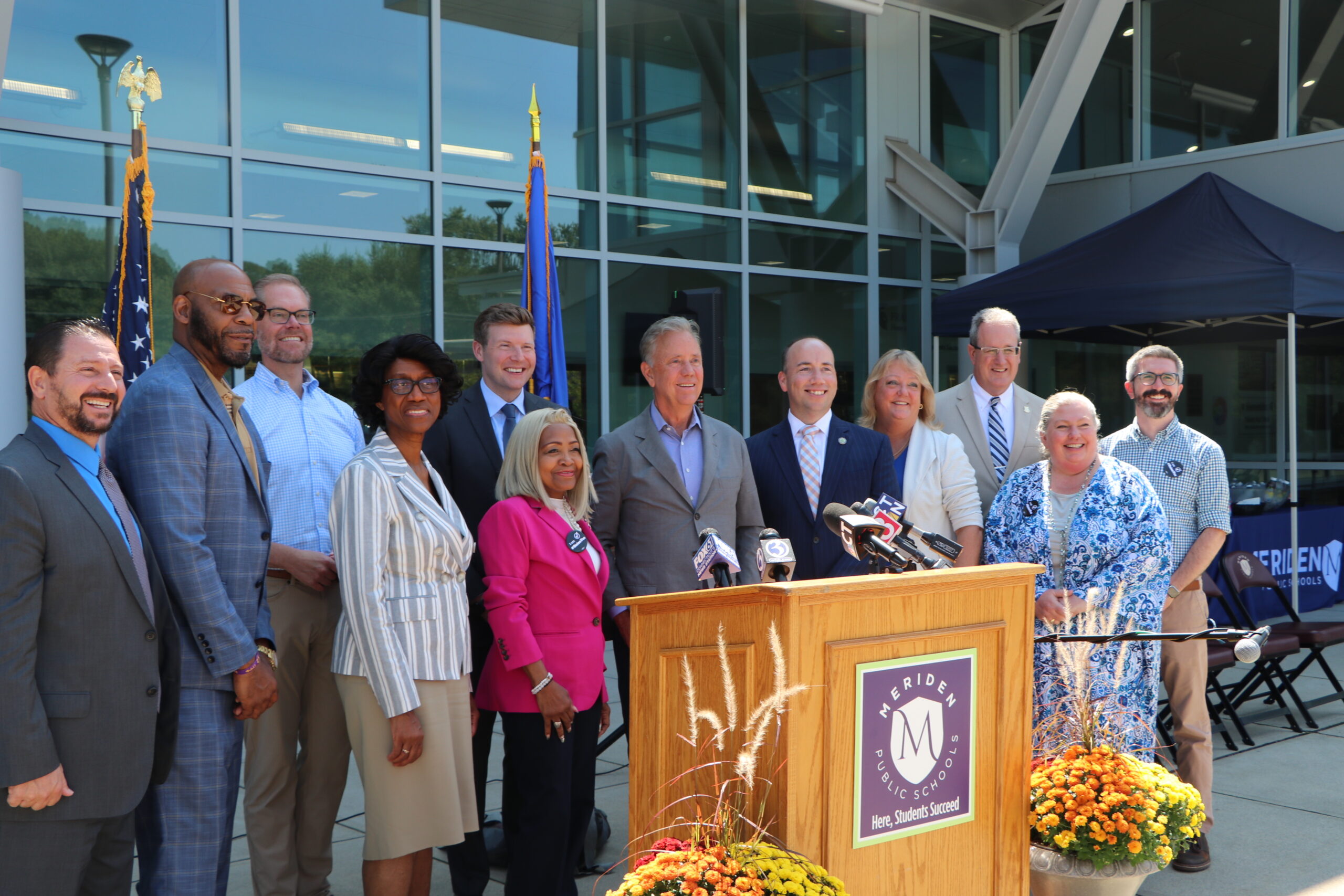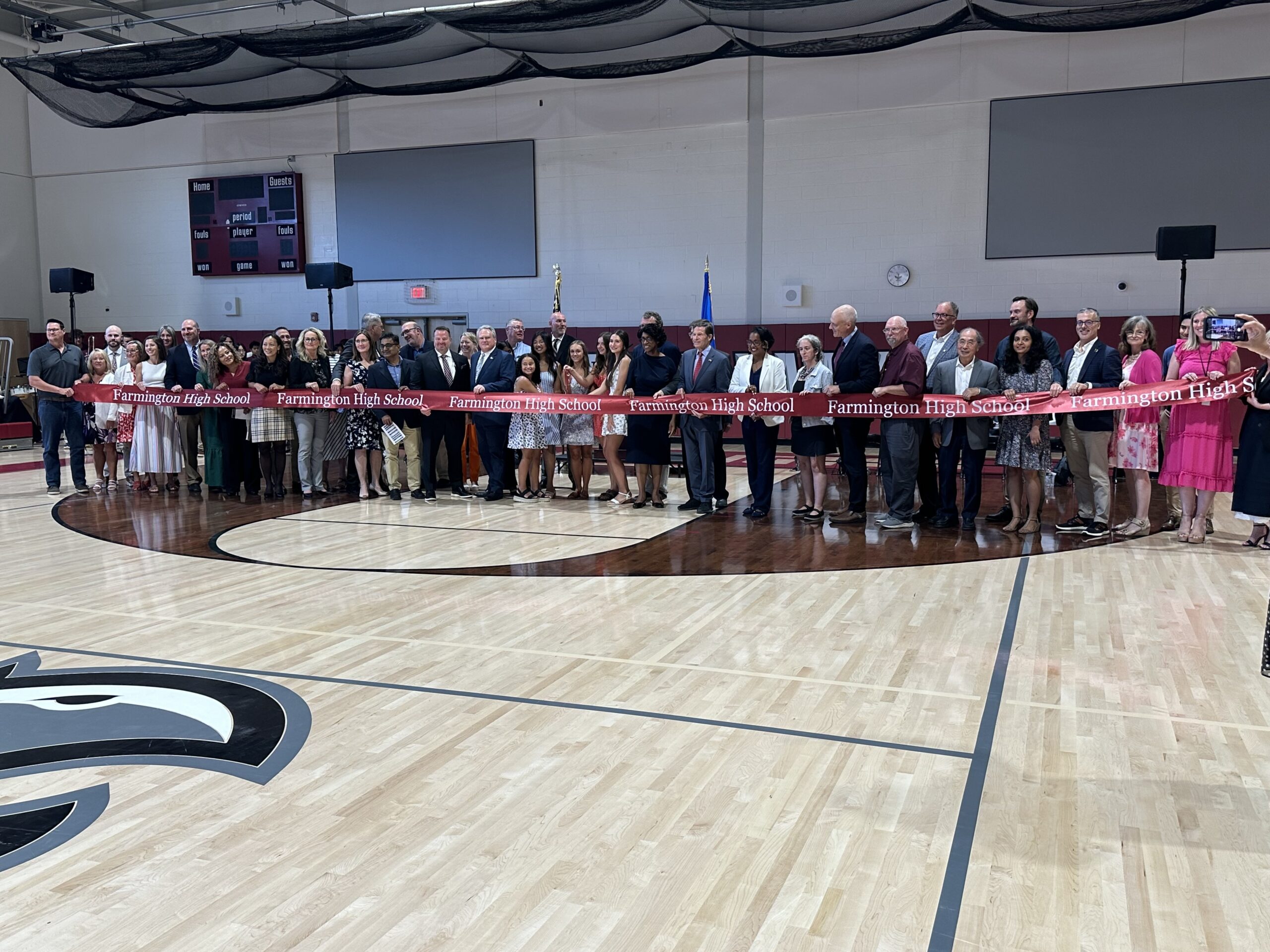
FOR IMMEDIATE RELEASE
Friday, August 30, 2024
SEN. OSTEN WELCOMES FEDERAL GRANT TO EDUCATE TEACHERS ON PEQUOT HISTORY
LEDYARD – State Senator Cathy Osten (D-Norwich) today welcomed the news that the National Endowment for the Humanities (NEH) has awarded a grant to the Mashantucket Pequot Tribal Nation to train three dozen Connecticut teachers on the history, culture and genocide of the Pequot people of Connecticut.
Sen. Osten said the grant – announced Tuesday – will hopefully go a long way toward educating Connecticut students and the population at large about Native American history and the historic mistreatment of Native Americans in Connecticut.
“Whenever we have discussions about removing a particular statue from a town green, or from the State Capitol, or we talk about penalizing schools for using offensive Native American mascots, or we talk about the need for more Native American history curriculum in our schools, all of these conversations occur in an atmosphere of a general lack of public knowledge about native American history in Connecticut. So many of these public conversations can go sideways pretty quickly due to a lack of historical knowledge,” Sen. Osten said. “Grants like this from the NEH will give teachers new knowledge and perspectives that they can pass along to students, who can discuss that information with their friends and parents. It’s a great way to bring the current generation and the next generation up to speed on Native American history in Connecticut and how it impacts our public policy discussions and maybe even some long-held misperceptions.”
The NEH awarded the Mashantucket Pequot Tribal Nation, Mashantucket $81,490 for a K-12 education institute, “The Pequot War: America’s First Attempted Genocide and the Resilience of the Pequot People Project”. The grant covers a one-week, residential institute for 36 middle and high school teachers on the history and persistence of the Pequot culture.
CT Humanities – which is an independent, non-profit affiliate of the National Endowment for the Humanities – advocated to secure the NEH funding and will provide the expertise of CT Humanities Executive Director Dr. Jason R. Mancini to serve as the key scholar for the Mashantucket Pequot Tribal Nation’s institute for K-12 middle and high school teachers – an initiative that aligns with CT Humanities’ priority of supporting state educational infrastructure.
The Mashantucket Pequot project is included in the more than $939,000 in NEH funding for four state projects, including at the Mystic Seaport Museum, Yale University, and the Lyman Allyn Art Museum.
“We are thrilled to see Federal funding of Connecticut’s cultural and educational organizations and are very grateful to NEH and also to our congressional delegation for their continued support for humanities funding,” Dr. Mancini said. “The combination of federal and state investment, for which Connecticut Humanities is a primary advocate, will contribute to our community vibrancy, educational attainment, and quality of life.”









